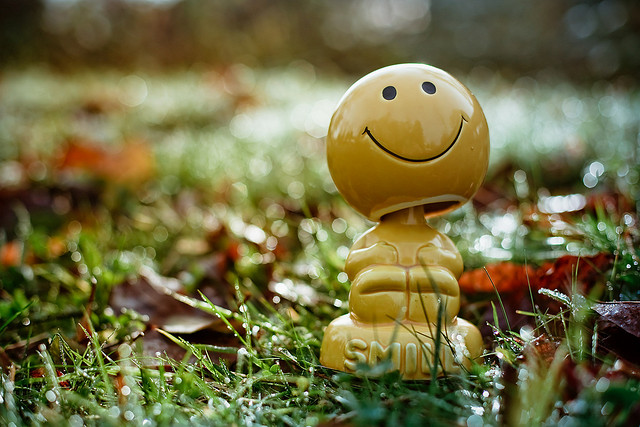A BBC video article came out last week covering an experience Whitney Way Thore, a reality TV personality, encountered with a cashier at a petrol station.
The cashier picked up the pack of gum she’d put on the counter to purchase and told her he’d only give it to her if she gave him a smile in return. Thore responded politely that she’d just take the gum and in turn received grumbling and a bad attitude from the cashier.
Thore posted the episode on Facebook commenting on how sexist the situation was and it sparked an internet-wide debate with the hashtag #stoptellingwomentosmile, which received thousands of comments.
So, was the cashier being sexist?
Absolutely. And before you read further, yes, this is a feminist argument and it’s also a self-awareness argument. The key question to ask here, which Thore did pose at the end of her video, is would the cashier have said the same thing to a grown man of the same age? The simple answer is no. But to really understand why this irks women, you have to dig a little deeper.
As Thore, and so many others who are fighting this fight, puts it: women do not exist for you. We are not walking down the street for you to look at. We’re running an errand or meeting up with friends or just out for a peaceful walk alone. Our clothing is not worn for your benefit. We put on what makes us feel happy, comfortable, sexy, or powerful—not because we want those creepy side glances at work or cat calls down the street, and what we do for work or fun are for the same reasons.
Because we’re human. Just like every other self-involved person (which is everyone, some more and some less, but everyone) on the planet, we do, say, eat, drink, and listen to what interests us.
The bigger picture here is that women are not here for other people’s amusement, whether it be complimentary or derogatory is irrelevant.
The same can and should be said for every other person. There is no justifying any one of us is here to entertain or amuse others; that is not the purpose of humanity. The purpose of our species can be argued thousands, if not millions, of different ways—discovery, creativity, power. No one has that answer and hopefully, for the good of all those adventurers and innovators and revolutionaries out there, no one ever will.
Hopefully we will all continue to search, for our entire lives, to find out new, wonderful things about ourselves, the world, the universe, and others. But one thing we can be quite sure of is that no human being is any lesser than another; no one person is here to serve in any way at the feet of another.
However, feminist and human rights issues aside (as those will require generations of better understanding to fix), the truth of the matter is this: if the man wanted to “make someone’s day,” as many of the opposing comments put it, he should’ve done what was in his own control to do.
We have heard from many wise people that we may not be able to control the actions of others, but what we can control are our actions and reactions. All the cashier had to do was smile himself, and maybe he would’ve gotten a smile back from Thore. Maybe not. Either way, his reaction would have remained positive regardless of her response. It was not up to him to control her reaction—that’s not something that he can do, nor should he try.
What’s important is to recognize that in situations like these, we can control only our own emotions and actions.
Paul Carus, is his book Karma: A Story of Buddhist Ethics, assures that “No one saves us but ourselves. No one can and no one may. We ourselves must walk the path.”
We must walk the path to happiness on our own. Sure, there are others who may help along the way, just as there are others who will try to deter us and move us off course. What we have control over is our action, our ability to stay on the path, our ability to engross our efforts in right and true causes.
Engross yourselves in happiness. It will radiate from you and inherently affect others. You have control over this; you alone have the ability to determine how every moment of every day affects you, how every day begins and ends, how every day is remembered. Make them all wonderful.
Author: Chelsea Prentice
Editor: Catherine Monkman
Photo: Flickr/Kenny Louie, Youtube







Read 1 comment and reply